Working Differently: Clarity Over Control with Frank Klinkhammer, OOTW, Switzerland

At Talkspirit, we spotlight partners who help organisations work with greater clarity, agility, and human impact. In this edition, we spoke with Frank Klinkhammer, founder and CEO of Out of This World in Switzerland and Germany, about what it takes to enable real transformation in today’s fast-shifting context.
1. Who is Frank Klinkhammer, and what is Out of This World?
I’m a chemist by training (PhD in Physical Chemistry), a manager by necessity (having held senior roles at IBM and Logica), an entrepreneur by heart (co-founding multiple ventures), and a transformer and investor for purpose through Out of This World.
I started in IT consulting in the 90s, became a manager, and quickly learned that theory alone doesn’t make organisations work. In 2000, I joined a spin-off experimenting with a manager-free structure. The company grew significantly and was eventually acquired.
After moving to Switzerland to take on a CEO role, I co-founded Netcentric, growing it from three people to over 300. In 2014, as growth was outpacing traditional structures, we implemented one of the first large Holacracy structures outside the US. It was a major shift. At first it was challenging, but within 18 months it worked, clients noticed, and it completely reshaped how we thought about organisations.
This experience directly led to the founding of Out of This World in 2017, when clients began asking us to help them with organisational development. Since then, we’ve run around 60 transformation projects, helping teams not just work differently, but work better, more humanely, and with lasting impact.
2. What are the key challenges you see organisations facing today?
Organisations today face unprecedented pressure. Technology and AI are transforming business models, some jobs are at risk, and expectations on employees are higher than ever. Workforces are aging, timelines are tighter, information is overwhelming, and attention demands are constant. People at all levels are expected to analyse, prioritise, and make decisions under these conditions, often without the necessary skills or experience. It’s a constant balancing act, one that requires a fundamentally different way of thinking about and doing work.
3. How are you helping organisations transform?
If I had to use one word to describe our approach, it would be enabling. We see transformation as a continuous journey, not a one-off change project, and our philosophy is co-creation.
We always start with a pilot rather than a big-bang rollout. In the pilot, we form a community of transformers that includes both us and client colleagues. Roles are gradually handed over to the client team, ensuring knowledge transfer from the start. It’s not as tidy as traditional change programs, but it’s far more sustainable. It helps organisations build lasting capability rather than temporary fixes.
4. What are the biggest mindset shifts required to support this transformation?
The biggest shift is the leadership mindset.
Leaders need honest self-reflection about status, titles, and control, and a willingness to let go.
In a role-based system, a leader might simultaneously support one process while leading another, which requires trust and self-awareness. One-to-one coaching is often essential, because changing team dynamics is delicate work, but it’s precisely this shift that allows organizations to unlock sustainable transformation.
5. What role does technology play in anchoring new behaviours?
Technology plays a big role as it can enable openness, experimentation, and new ways of working rather than lock people into a single approach. Standard IT suites are widely used but aren’t designed for role-based organizations, so it’s important to stay open to alternative solutions that truly support these practices.
Teams often know the “right tool for the job,” and : blocking it leads to workarounds, while thoughtfully enabling it encourages experimentation and reinforces the behaviors organizations want to cultivate.
Embracing flexibility in technology helps anchor new ways of working sustainably, rather than forcing old structures onto new practices.
6. A moment that made it real
A pattern I love is the sceptic who arrives at the first session convinced it is “modern nonsense” and becomes an evangelist six to eight weeks later after working in roles.
CEOs tell us new meeting structures give them days back each year. Younger colleagues take on real responsibilities through roles that would be impossible in a traditional org chart. Some fail and learn. Others thrive and spread. That is deeply rewarding.
7. If you could share one piece of advice with leaders seeking to evolve their organisation, what would it be?
Run a pilot. Be part of it yourself. Commit. Use it as a safe space to reflect on what you observe and how you affect the system.
Transformation cannot be hidden in the basement. When leaders roll up their sleeves, the whole effort gains credibility and momentum.
8. What questions are you still holding?
How will we work with AI? Role-based systems are a strong starting point because roles can be filled by people, teams, or algorithms. Clear expectations are like prompts. I want to see the first organisation run by humans and AI together. There is risk, but the opportunity is too big to ignore. Let’s prepare by introducing role-based organisations widely.
Closing Thoughts
What Frank from OOTW describes mirrors what we see every day. Transformation sticks when expectations are explicit, roles are live, and leadership embraces new behaviours in practice.
That is exactly what Talkspirit is built to support. By bringing communication, collaboration, and governance together in one coherent environment, we help organisations pilot, learn, and scale new ways of working with clarity.
Partners like Out of This World bring the facilitation and real-world experience that make the shift sustainable. Together we turn purpose into practice and practice into impact.






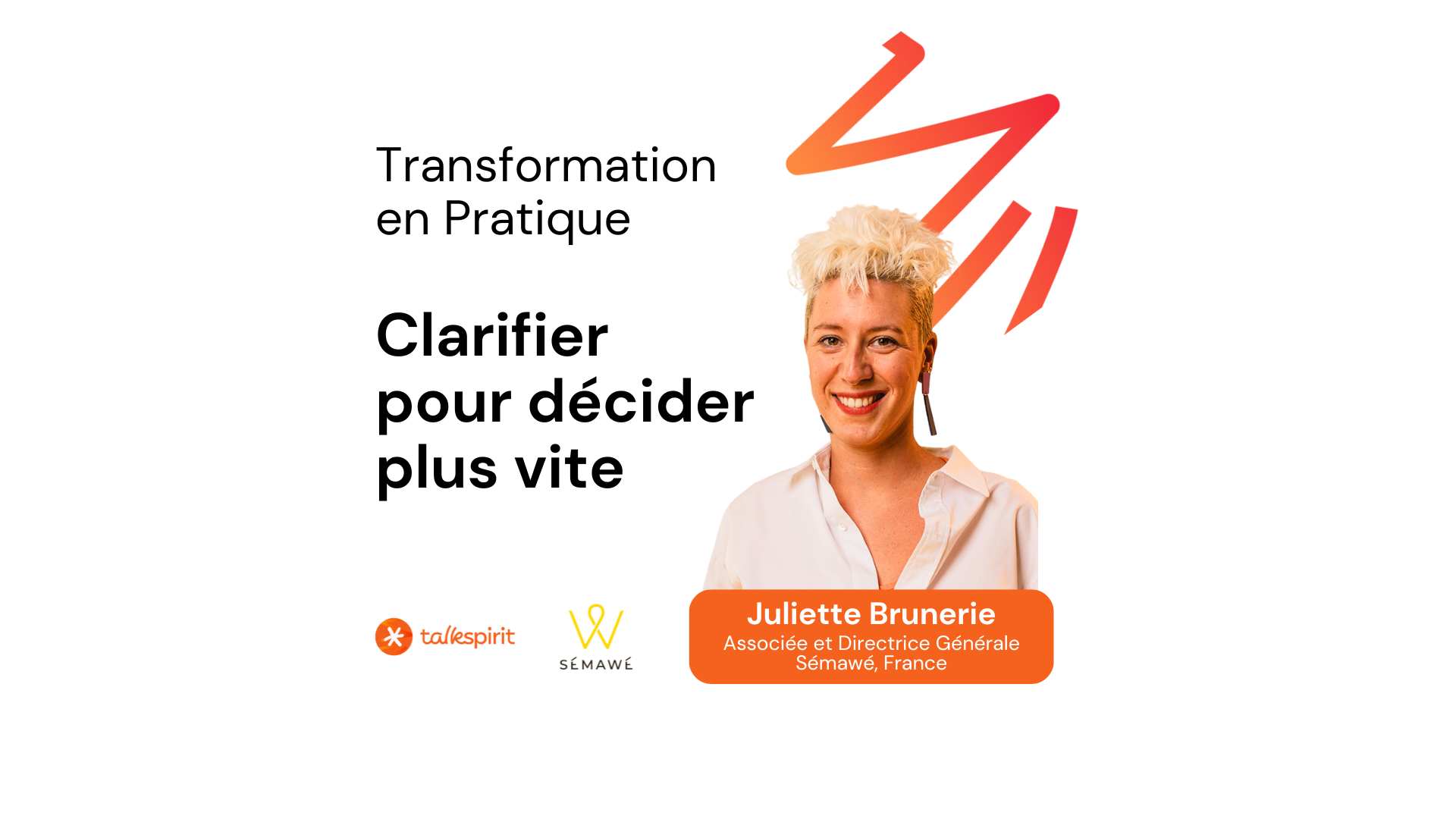
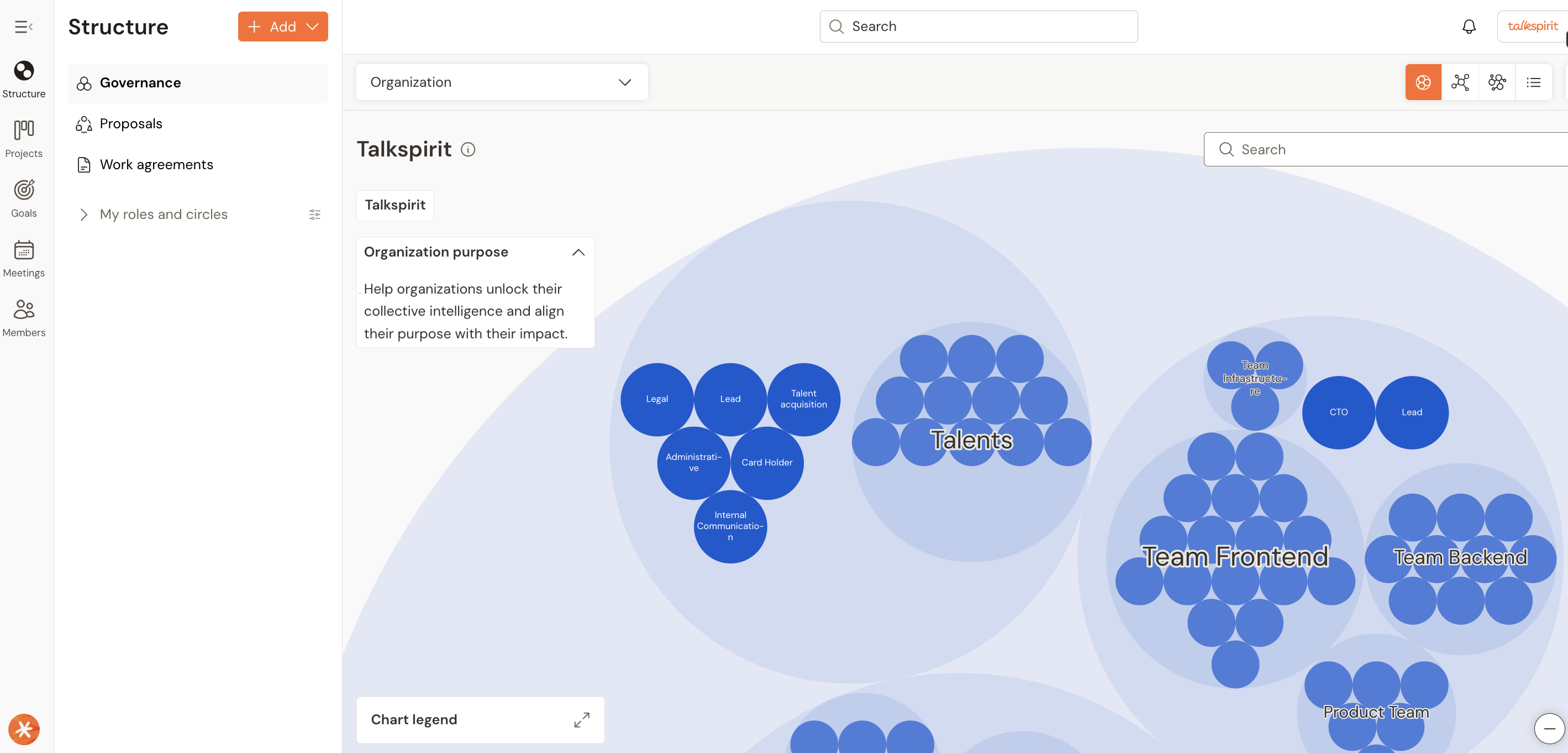
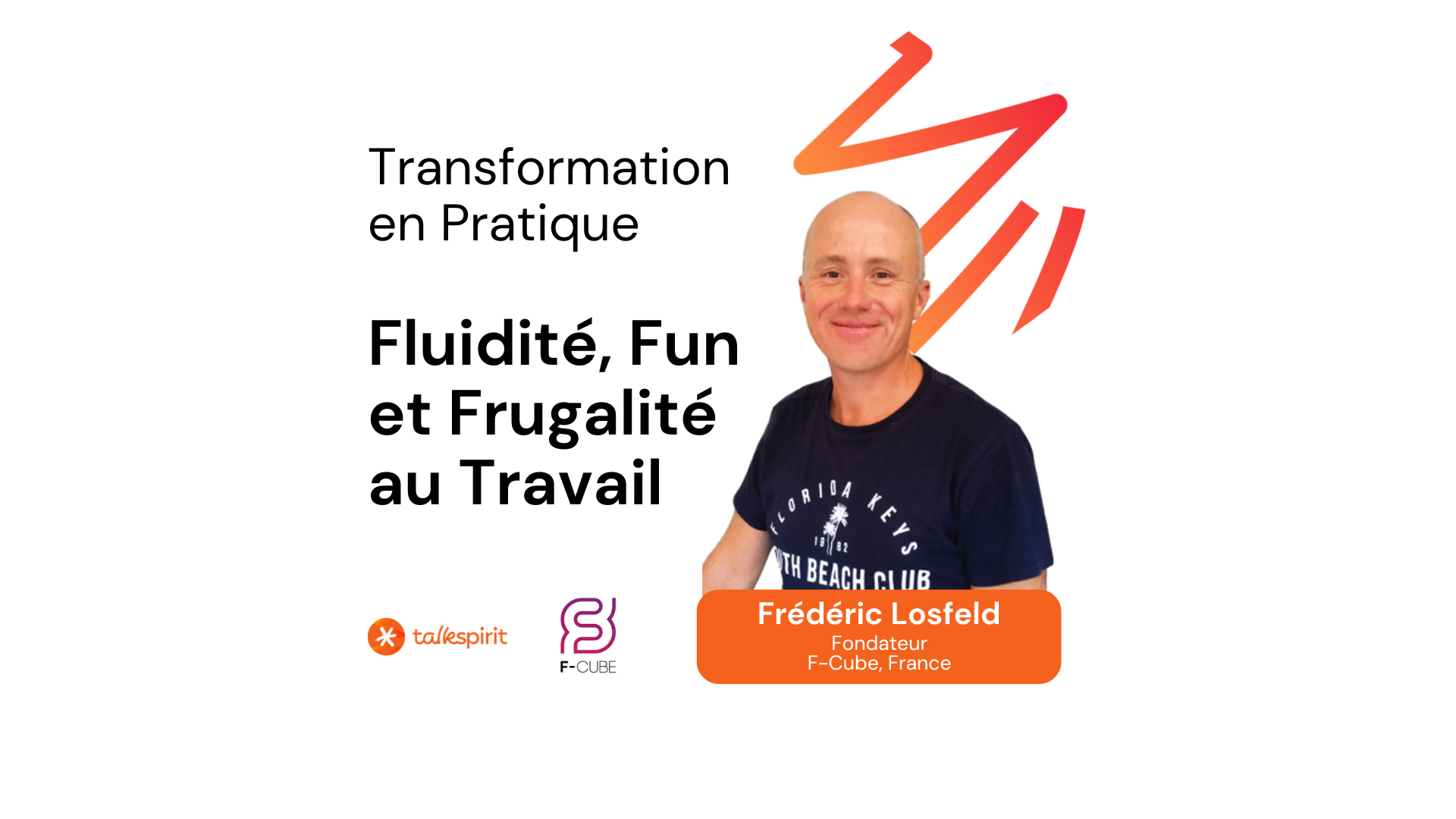
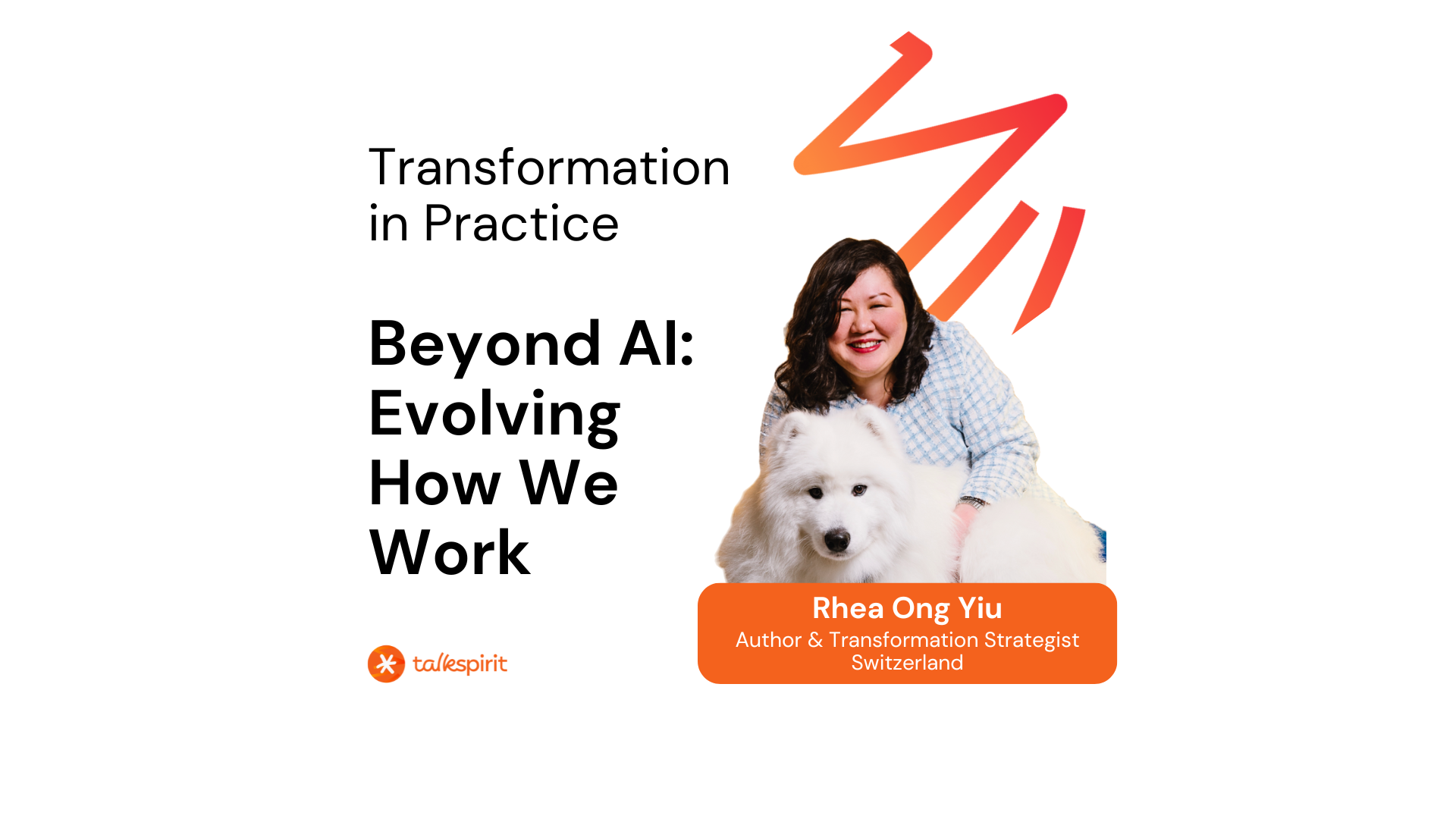
.jpg)

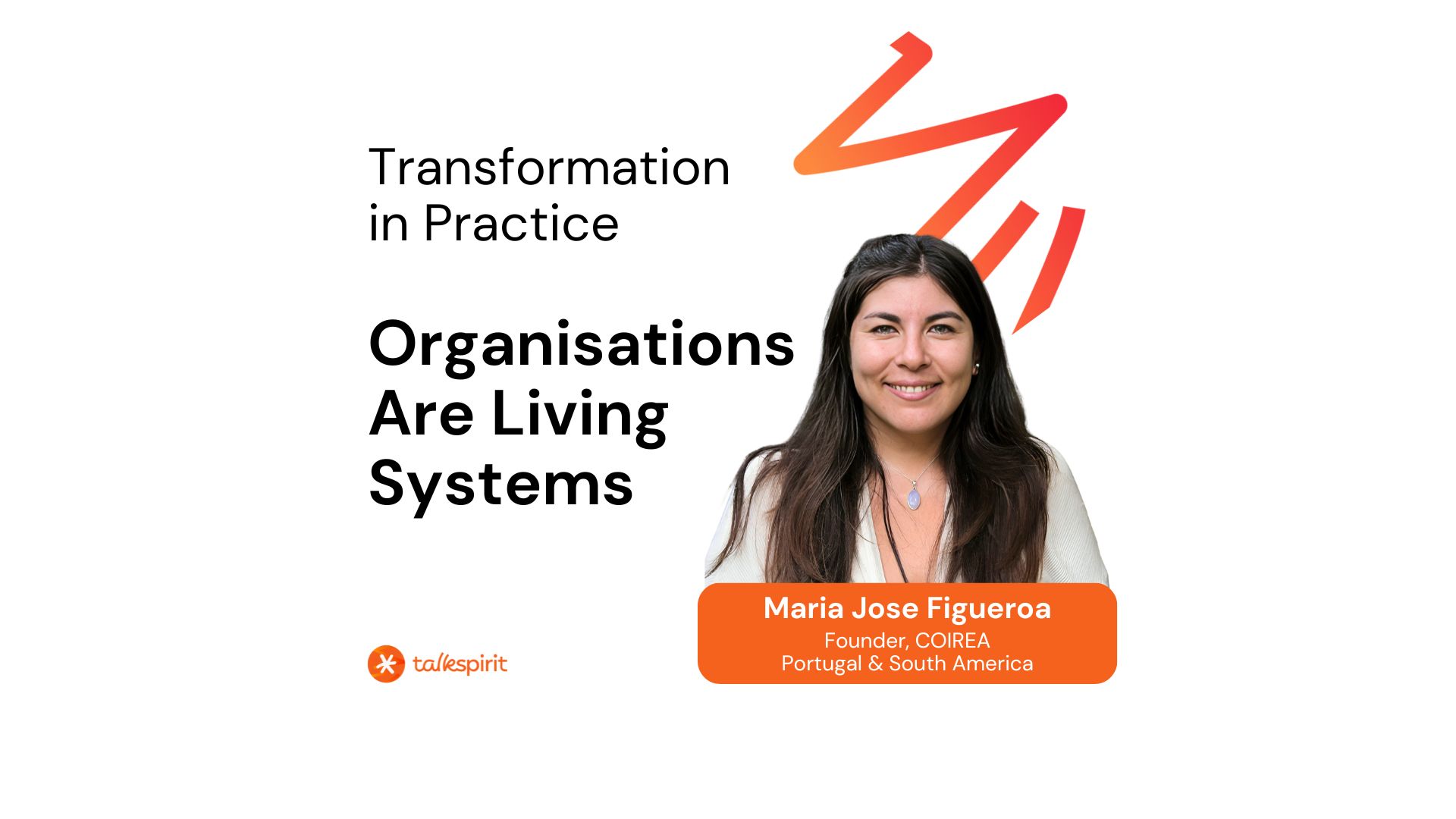

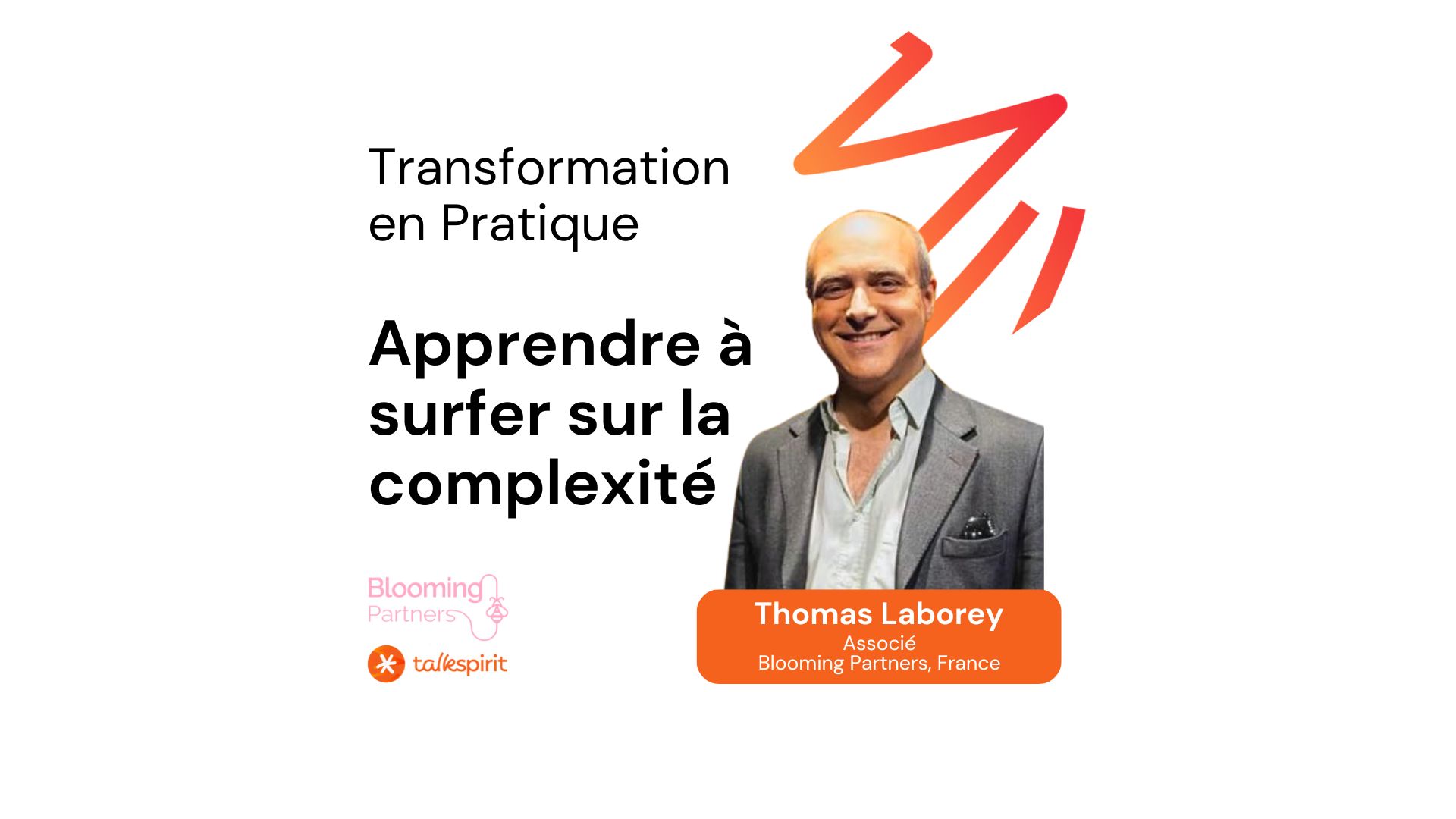
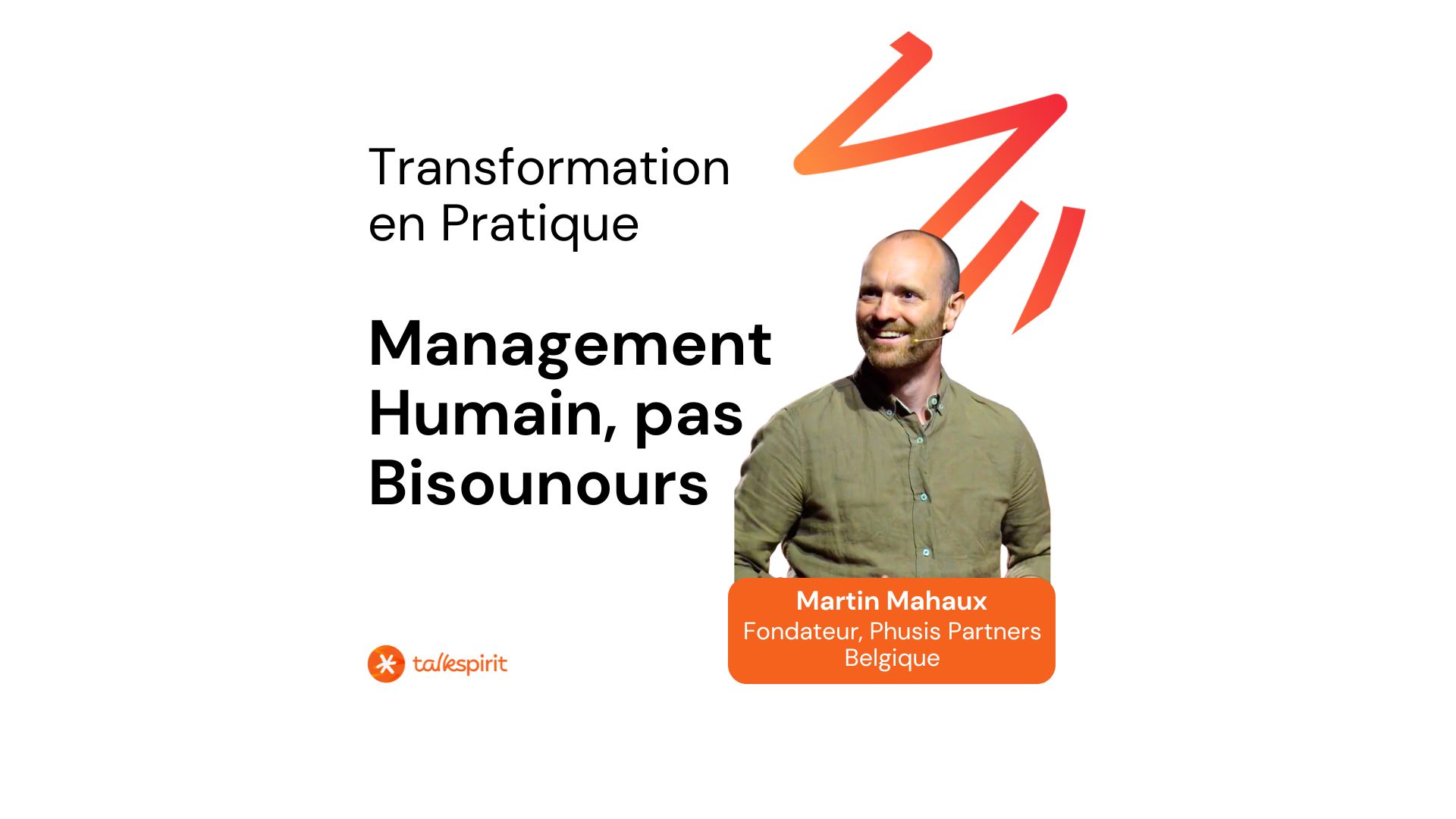
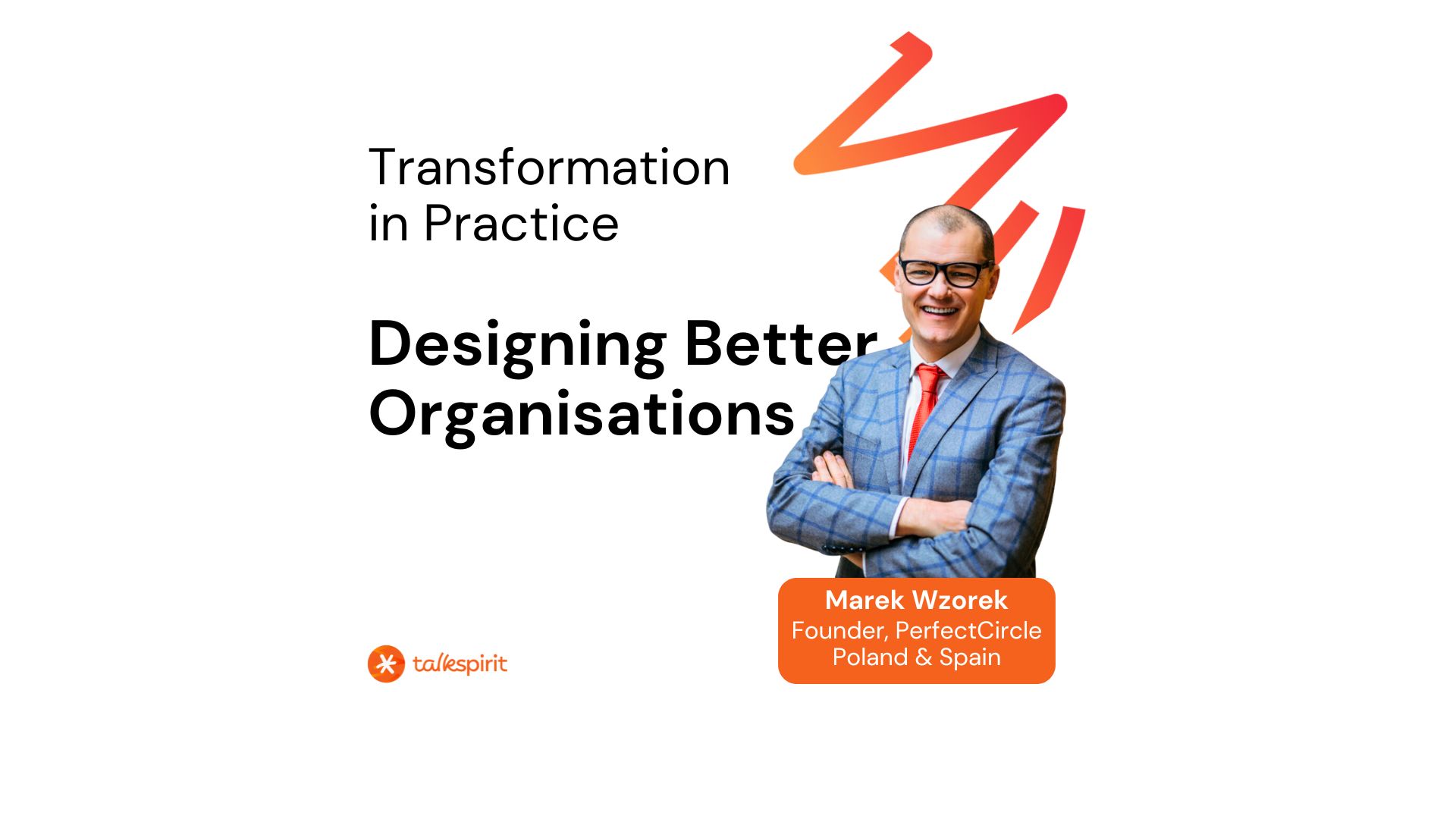
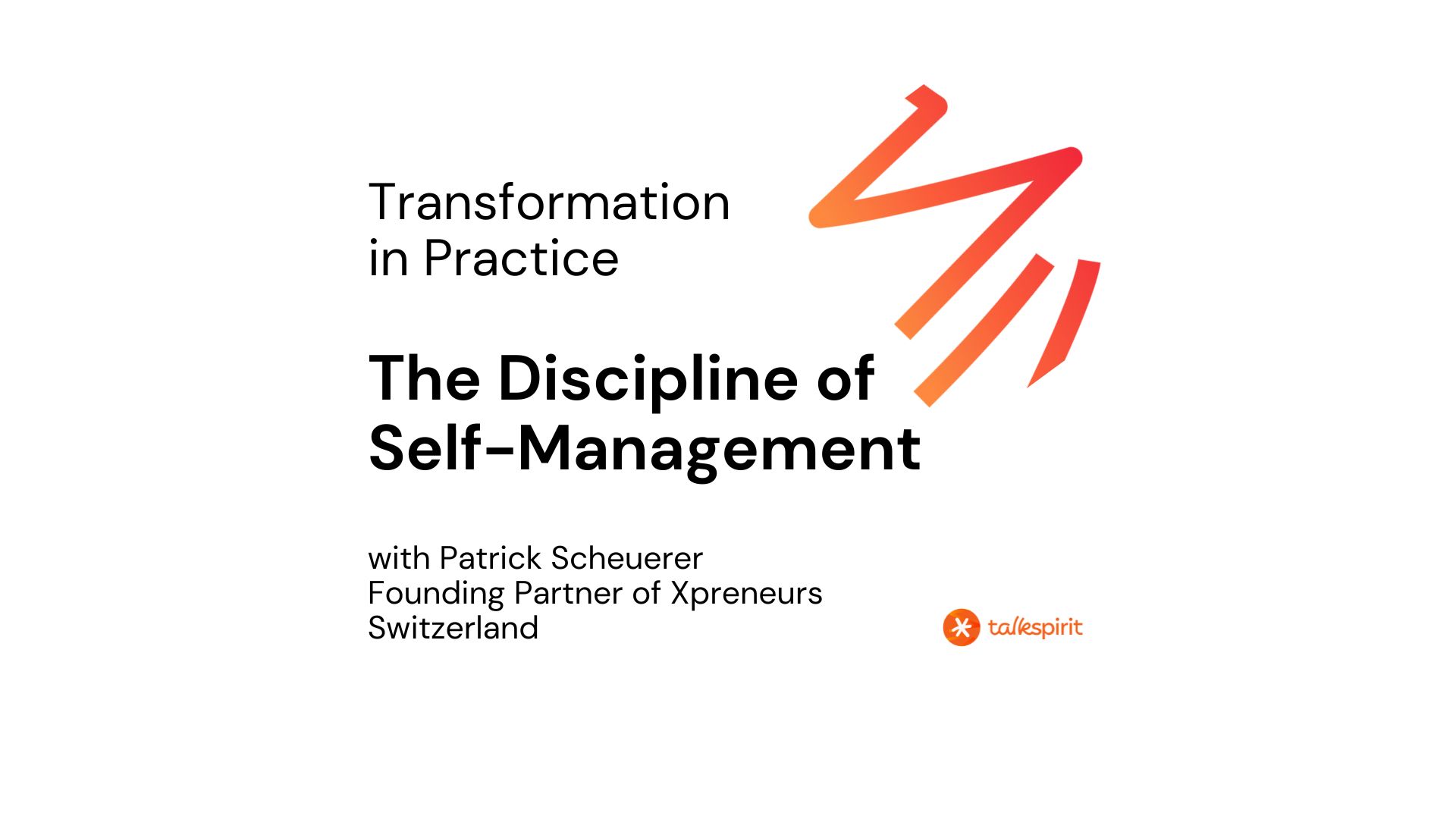

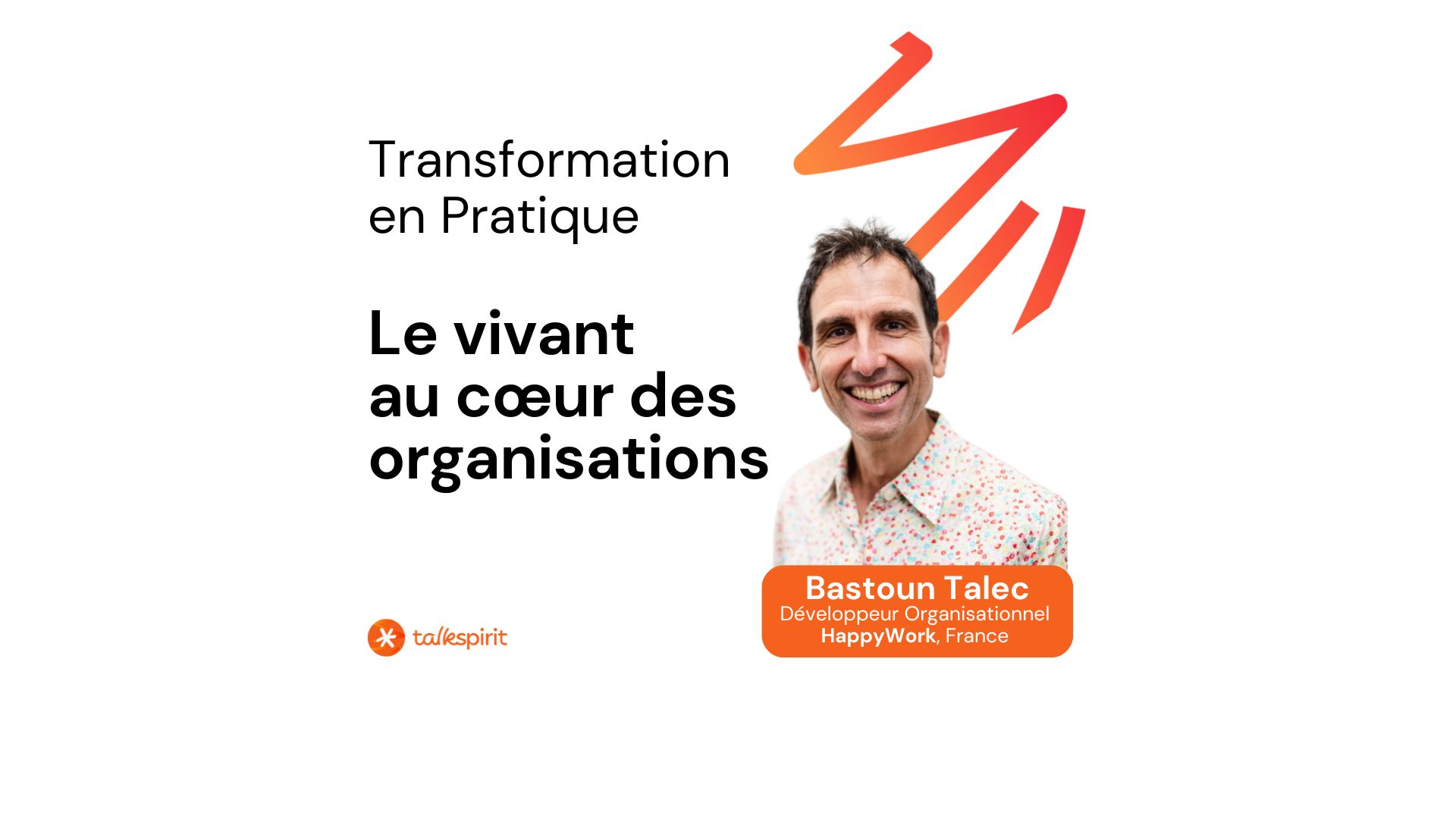
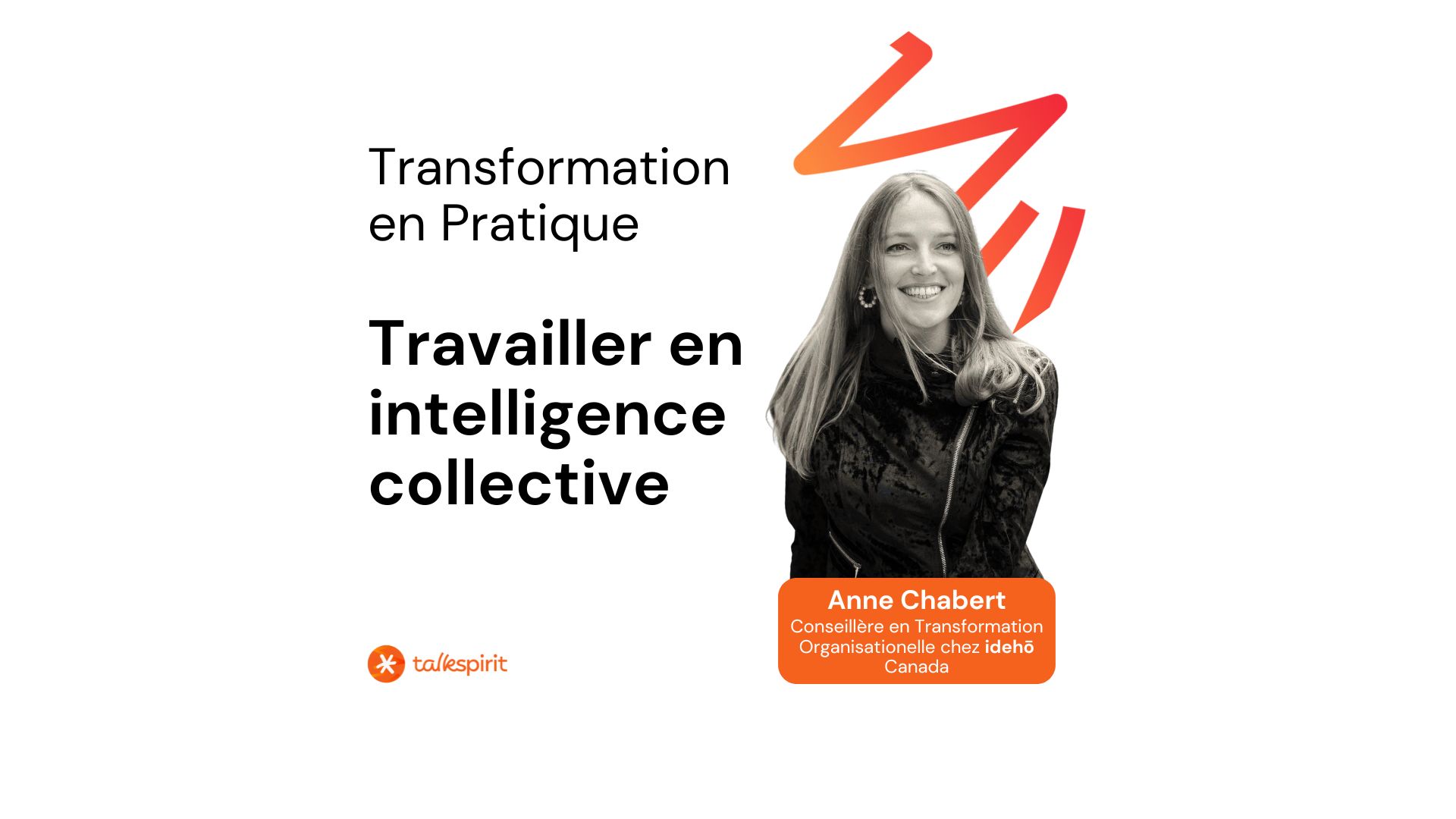

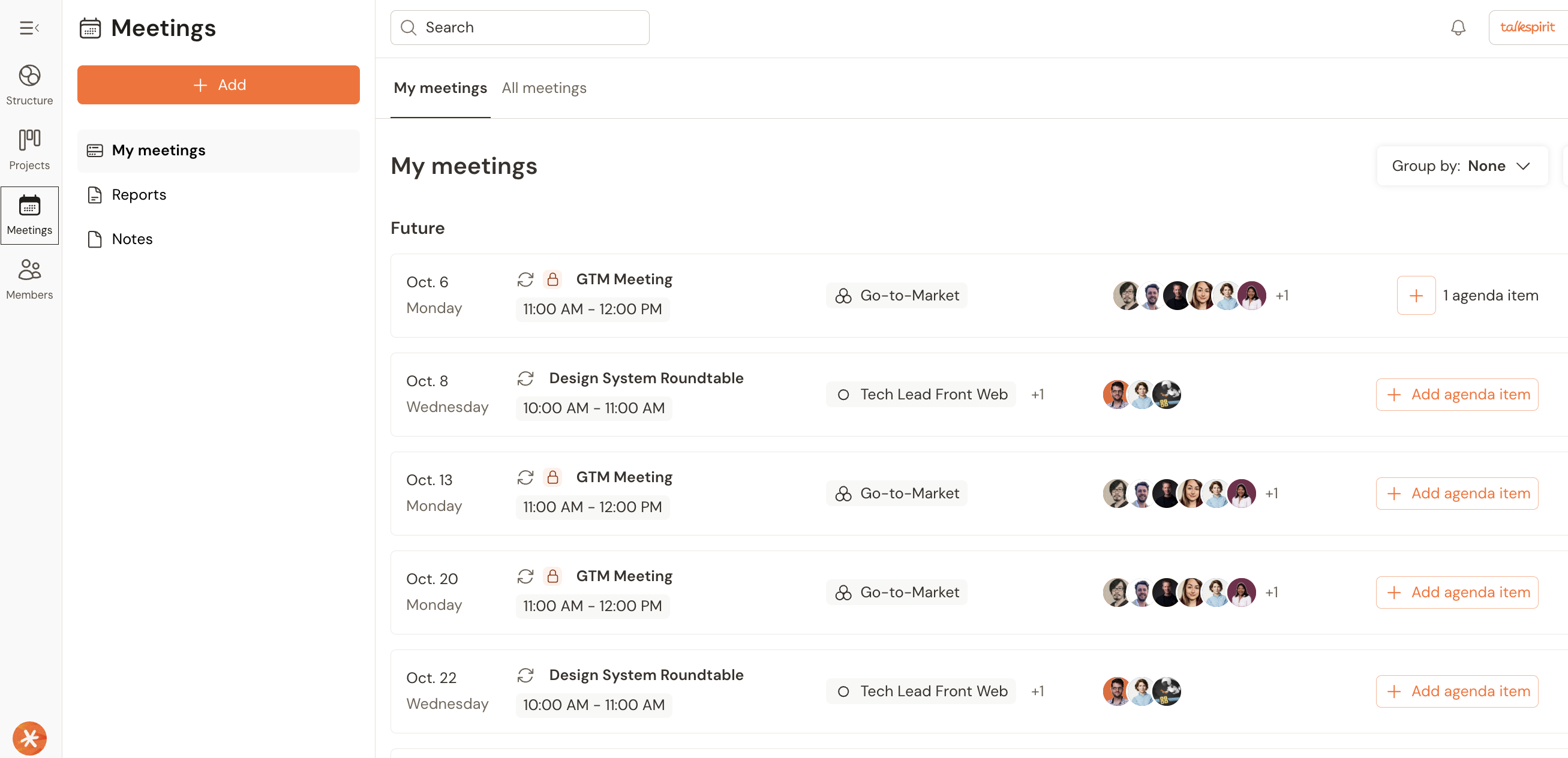



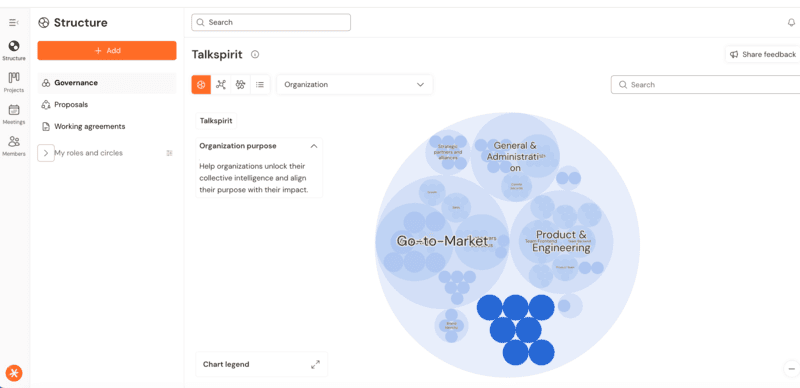

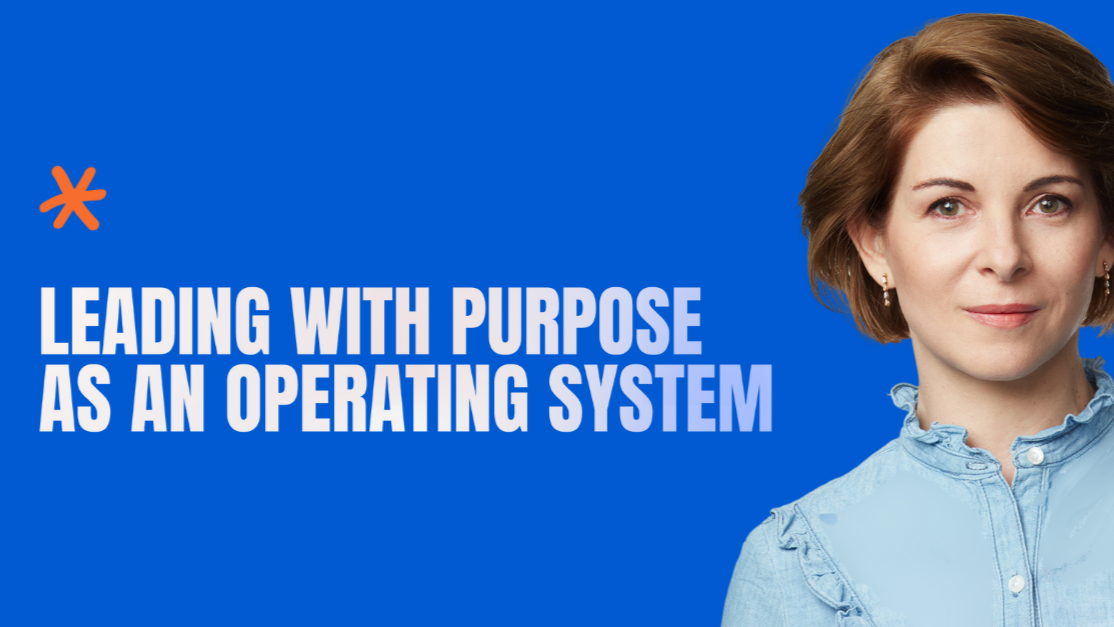









.jpg)

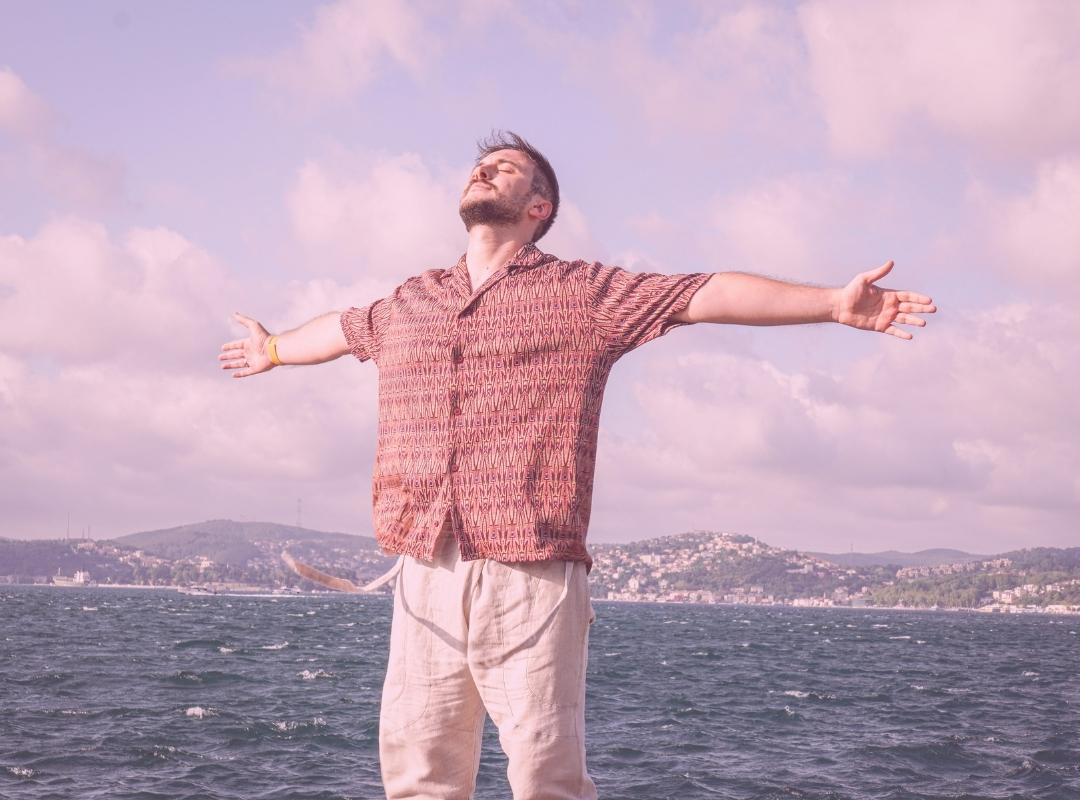




.jpg)
.jpg)









.jpg)
.jpg)


.jpg)

.jpg)


.jpg)











.jpg)




.jpg)



.jpg)

.jpg)



.jpg)








.jpg)

